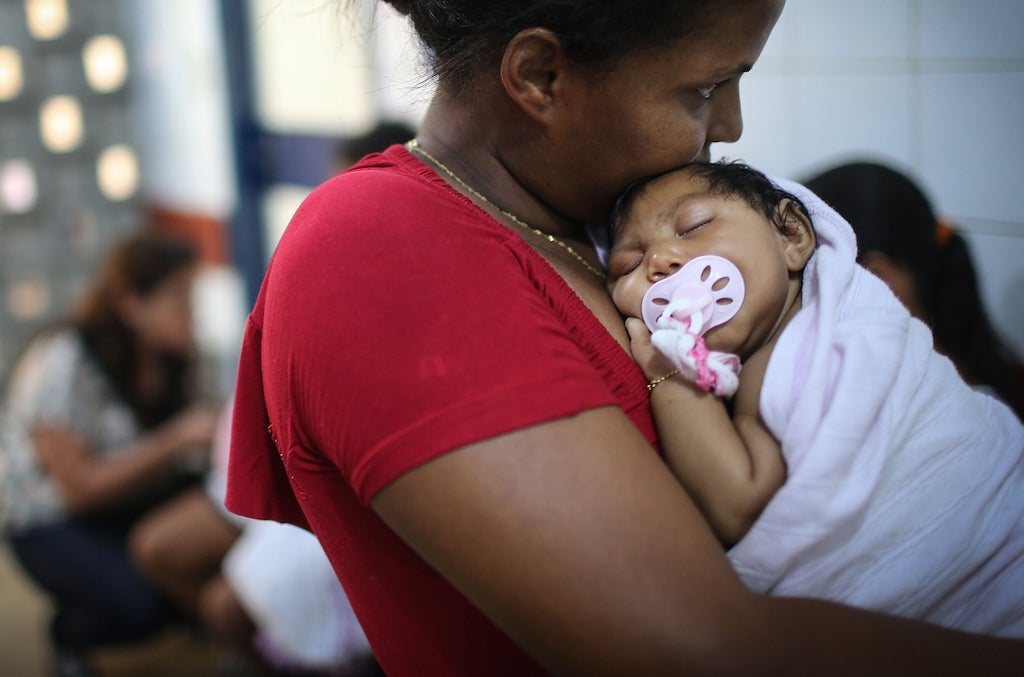Zika virus: CDC investigating 14 possible cases of sexually transmitted Zika
Several of the potential cases involve pregnant women.

Your support helps us to tell the story
From reproductive rights to climate change to Big Tech, The Independent is on the ground when the story is developing. Whether it's investigating the financials of Elon Musk's pro-Trump PAC or producing our latest documentary, 'The A Word', which shines a light on the American women fighting for reproductive rights, we know how important it is to parse out the facts from the messaging.
At such a critical moment in US history, we need reporters on the ground. Your donation allows us to keep sending journalists to speak to both sides of the story.
The Independent is trusted by Americans across the entire political spectrum. And unlike many other quality news outlets, we choose not to lock Americans out of our reporting and analysis with paywalls. We believe quality journalism should be available to everyone, paid for by those who can afford it.
Your support makes all the difference.The Centers for Disease Control and Prevention is investigating 14 possible new cases of the Zika virus that may have been sexually transmitted.
Two women are confirmed to have the virus with no other risk factors than sexual contact with men who traveled to countries battling Zika, according to the Washington Post. Four other women have initially tested positive for the virus and are awaiting further results, and eight women are under investigation. Several of the potential cases involve pregnant women.
"Like previously reported cases of sexual transmission, these cases involve possible transmission of the virus from men to their sex partners," the CDC said in a statement. "At this time, there is no evidence that women can transmit Zika virus to their sex partners; however, more research is needed to understand the issue."
The CDC did not disclose where these women live. Dallas had the first reported case of sexually transmitted Zika in the United States.
If these cases are confirmed, it would mean that Zika can be transmitted via sex more easily than first thought.
The World Health Organization has declared Zika a global health emergency. The breakout has been linked to a spike in microcephaly in Brazil, where babies are being born with deformed heads caused by brain damage.
Follow @PaytonGuion on Twitter.
Join our commenting forum
Join thought-provoking conversations, follow other Independent readers and see their replies
Comments